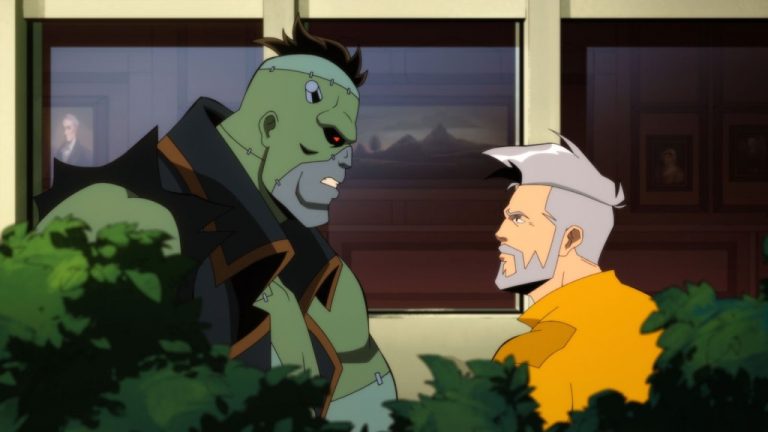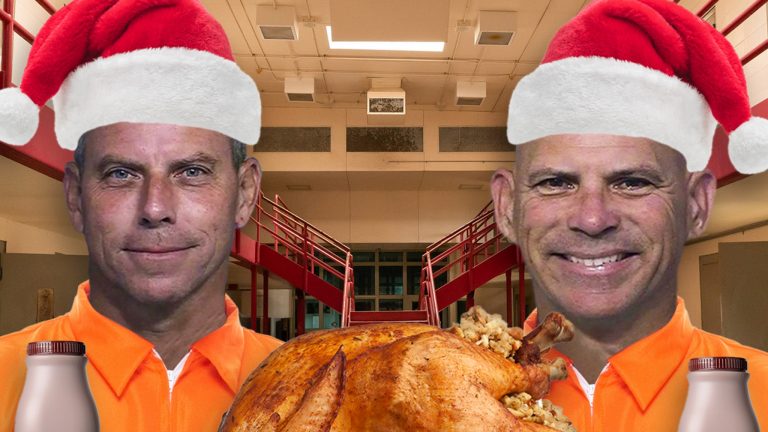A bitcoin (BTC) slump spiraled into over $700 million worth of liquidations across futures tracking major tokens, with XRP and dogecoin (DOGE) products recording unusually high losses.
BTC fell under $100,000 in late U.S. hours before slightly recovering during early Asian hours Thursday, as the Federal Reserve hinted at a few rate cuts in 2025. Fed chair Jerome Powell then said at a post-FOMC press conference that the central bank wasn’t allowed to own bitcoin under current regulations — in response to a question about President-elect Donald Trump’s strategic reserve promises.
“That’s the kind of thing that Congress should consider, but we are not looking for a law change,” Powell said. In a July campaign, Trump said the government would keep 100% of all the bitcoin it currently holds or acquires in the future under his administration — referring to the stockpile of seized BTC held by the country.
BTC fell 3% after Powell’s comments, causing a dive across majors. XRP, dogecoin (DOGE) and Solana’s SOL fell as much as 5.5%, with BNB Chain’s BNB and ether (ETH) down 2.5%. Chainlink’s LINK fared the worst with a 10% drop — erasing some gains from earlier in the week as Trump-backed World Liberty Financial purchased $2 million worth of the tokens.
The market slide led to over $700 million in bullish bets liquidated, with futures tracking smaller altcoins and meme tokens recording higher losses than BTC or ETH futures in an unusual move, data shows.

A liquidation occurs when an exchange forcefully closes a trader’s leveraged position due to the trader’s inability to meet the margin requirements. Large-scale liquidations can indicate market extremes, like panic selling or buying.
A cascade of liquidations might suggest a market turning point, where a price reversal could be imminent due to an overreaction in market sentiment.
Some traders say Powell’s comment may mark a local top, dampening expectations of a continued rally toward the end of the month.
“Crypto markets may have entered a peak if a U.S. Bitcoin strategic reserve is no longer in play, as this promise helped to fuel the recent months’ rally to new all-time highs, Nick Ruck, director at LVRG Research, shared with CoinDesk in a Telegram message. “Although an interest rate cut would normally have a bullish reaction since it was largely expected, the market strongly reacted after Fed Chair Jerome Powell stated that inflation would be a continuing problem throughout the next year.”
Traders at Singapore-based QCP Capital, however, remain generally bullish for the coming year.
“Don’t get shaken out of your positions if a drop occurs. With 2025 poised to be a potentially bullish year for crypto, particularly with Trump in office, staying the course may prove beneficial,” the company said in a Thursday broadcast message.


























+ There are no comments
Add yours